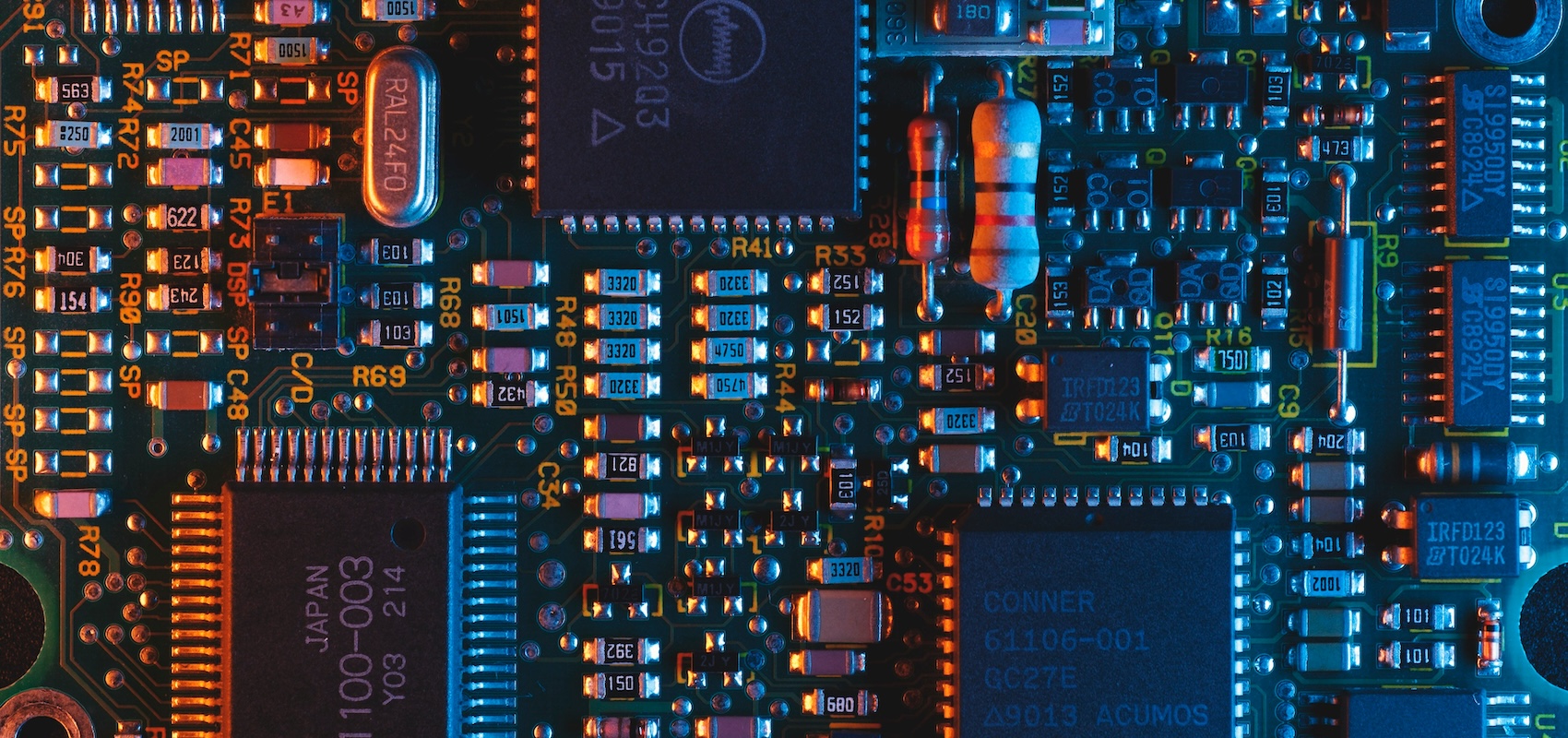
Tomorrow’s leaders are no longer just presidents, prime ministers, or generals. Power to shape society is shifting toward those who design, manage, and own digital infrastructure. Tech founders and venture capitalists—those behind artificial intelligence, space technologies, social media, and cloud and data platforms—are becoming global power players, whose tools are not just products, but networks that influence how societies function, how people think, how wars are fought, and how peace is reached.
The Holy See maintains diplomatic ties with 184 nations, employing its unique authority to mediate conflicts and advocate for peace. In a world increasingly defined by geopolitical tensions, the role of technology in peacebuilding has never been more critical, from space technology and drones to geospatial data and artificial intelligence. Moreover, ideological battles take place in the digital realm. But reaching peace is not just a matter of data—it’s a matter of will, wisdom, and courage. Thus, evangelizing tech entrepreneurs should be an urgent priority for the Catholic Church.
Pope Leo XIV is concerned about these changes, saying that he plans to use his office to promote the Catholic understanding of labor and the human person in response to technological acceleration and the ongoing global conflicts. As someone who has spent his career in the tech industry, I have some ideas on how tech entrepreneurs can support Pope Leo XIV in his technological papacy, and how he can bring the trove of Catholic teaching to tech leaders.
The Catholic Church’s urgent task extends far beyond merely inviting tech entrepreneurs, innovators, or tech investors to Vatican conferences on AI and technological challenges. It should seek, instead, to evangelize them, teach them respect for human dignity, and inculcate appreciation of Western tradition. Without these foundations, tech entrepreneurs risk becoming threats to Christianity rather than visionary leaders shaping humanity’s future.
To succeed in this critical mission, Pope Leo XIV needs a trusted circle of tech entrepreneurs—a carefully selected few, chosen for their wisdom, vision, and integrity. Over time, this circle could even evolve into a new order of knights, modeled on the Knights of Malta, the Order of the Holy Sepulchre, or even the Knights Templar, uniting elite lay leaders in service to the faith and the common good. Members should not be driven by fame or wealth, but by virtue and a code of principles. The pope needs to be surrounded by leaders capable of offering unique knowledge, deep insights into breakthrough technologies, technical expertise, influential networks, and a forward-looking mindset.
Given the scale and complexity of modern conflicts, the Vatican also needs to put out an urgent call for new tools to help adapt its diplomacy to the modern world. This adaptation must include promoting “PeaceTech”—a field pioneered by entrepreneurs building technologies to save lives; prevent violence; predict, mediate, and monitor conflicts; and reduce human suffering. Today, artificial intelligence forecasts conflicts, enabling early interventions, and supports peace negotiations by analyzing patterns, simulating outcomes, detecting misinformation, and bridging cultural divides. AI-powered drones detect and neutralize landmines, protecting communities from the hidden dangers of war. Data platforms guide vulnerable civilians through crisis zones, prevent trafficking, and rapidly deliver humanitarian aid. Advanced satellite and subsurface imaging identify water sources and mineral deposits in conflict-prone regions, easing resource tensions, facilitating relief efforts, and supporting sustainable reconstruction—directly saving lives and fostering peace.
To fully realize the above vision, Pope Leo XIV should consider establishing a new role at the Vatican: Secretary of Technology. This position would not only coordinate the Church’s global engagement with technological change in accordance with Catholic social teaching but would also actively use transformative technologies to strengthen global evangelization, defend sacred tradition, and enhance the Vatican’s diplomatic and peacebuilding efforts.
As Pope St. John Paul II affirmed: “Do not be afraid of new technologies! These rank ‘among the marvelous things’. . . God has placed at our disposal.”
Tech entrepreneurs have the potential to become new apostles, supporting global evangelization as well as Pope Leo XIV’s efforts to address technological challenges and build peace. However, to unlock this potential, they need a moral compass. The Catholic Church carries an urgent responsibility to guide innovation by sharing its wisdom rooted in sacred tradition—emphasizing human dignity, stewardship, and the cardinal virtues. Power without virtue collapses, and innovation without tradition fails.
The Church’s Answer to the World (ft. Carter Griffin)
In the latest installment of the ongoing interview series with contributing editor Mark Bauerlein, Fr. Carter Griffin…
Undermining the Church’s Public Witness
Bishop Thomas J. Paprocki recently wrote in these pages that the Archdiocese of Chicago’s plan to grant…
The Cambrian Implosion
A historical moment ago, it was too obvious for words, but: Life is a blessing. So to…
